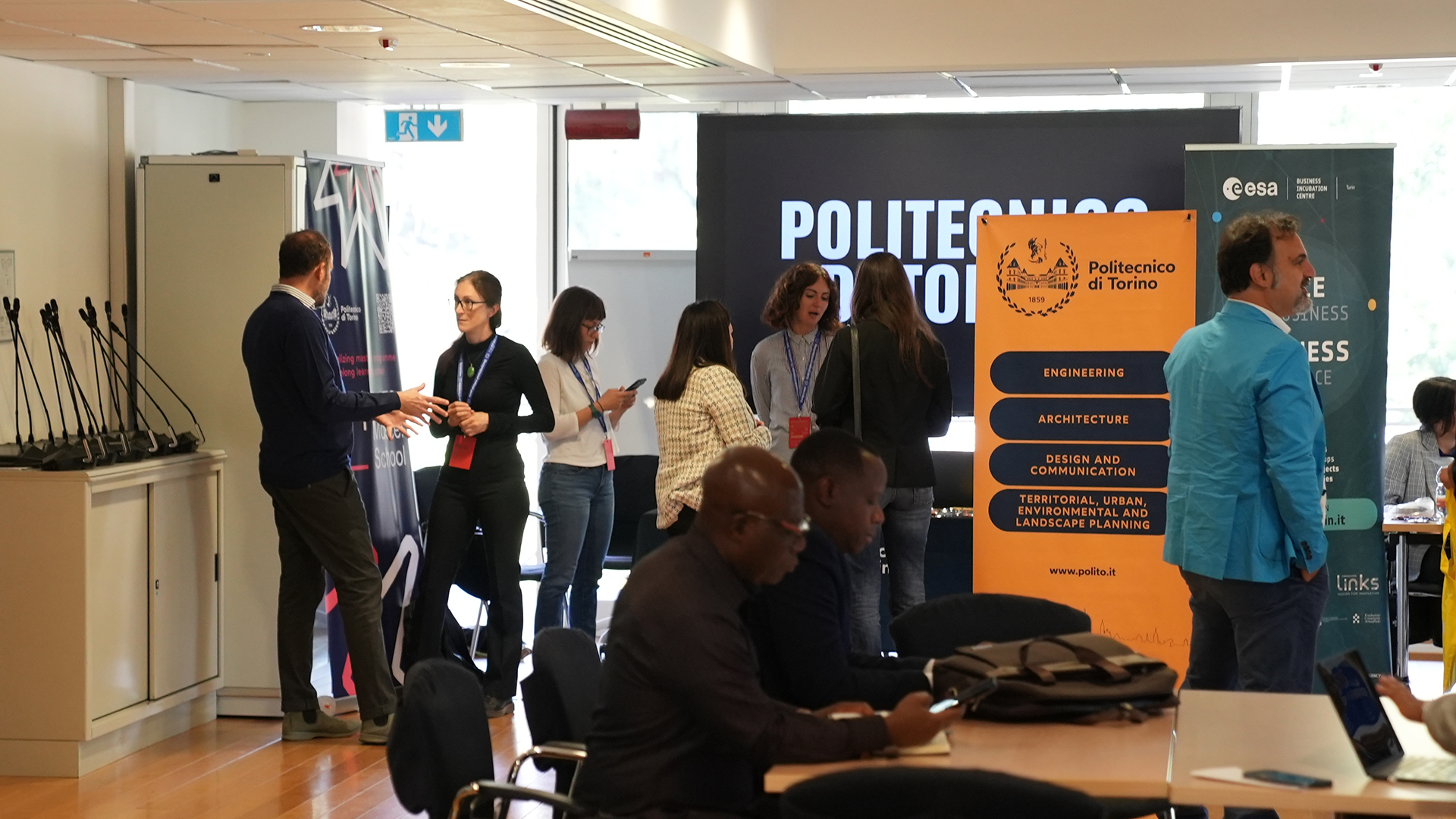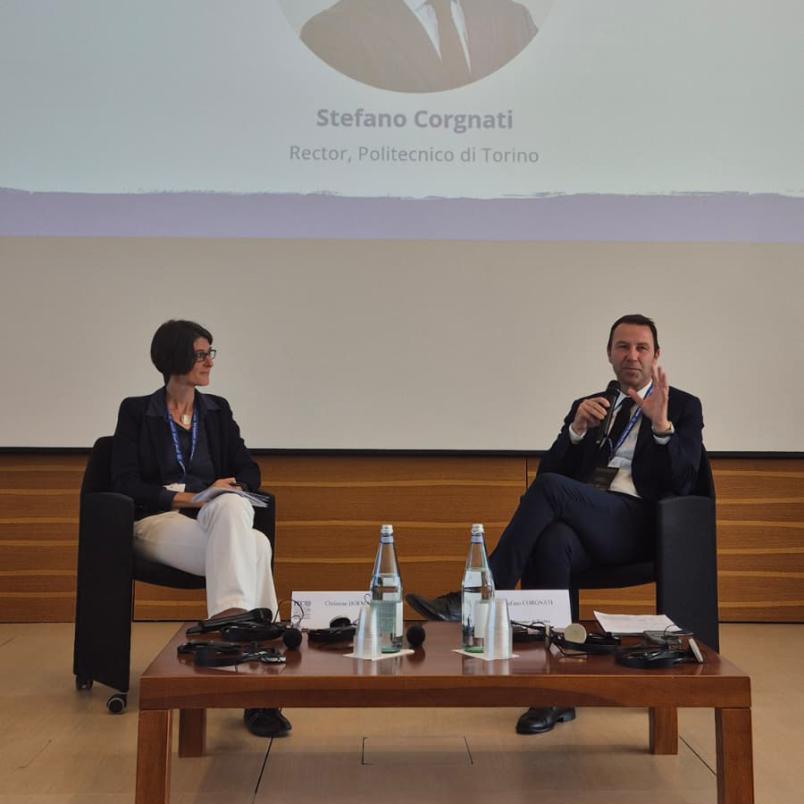
The future of digital transition in Africa

Building a possible digital future for Africa was the focus of the event “Skills for Fair Digital Transitions in Africa” organized and hosted in Turin (and streamed live from Nairobi, Kenya) by the International Training Center of the ILO – International Labour Organization (ITC-ILO), in collaboration with the Ministry of Foreign Affairs and International Cooperation (MAECI) and the African Union Commission - Department of Education, Science, Technology, and Innovation.
Based on the ILO's Decent Work Agenda – and included in the Italian government's Mattei Plan for Africa, conceived to change the paradigm in relations with the African continent, as well as part of the African Union's development plans such as Agenda 2063 and the Continental Education Strategy for Africa-CESA 2025 , the initiative brought together various players from the world of work to promote practical, high-impact solutions for an inclusive digital transition that puts humanity at the center.
The program of the event, which took place on October 7 and 8, also welcomed the Rector Stefano Corgnati, who on the first day took part in the panel “Lightening Talks: Beyond Connectivity — Confronting Barriers to Inclusive Digital Skills and Employment,” included in the session “Building Inclusive Digital Futures”.
This panel emphasized how building an inclusive digital future means facing up to the fact that our current digital infrastructure systematically excludes millions of people through design choices that seem neutral but have profound consequences. Accessibility must be considered the ethical foundation on which to build sustainable technology.
On the second day of the event, Politecnico presented experiences and best practices relating to the University's centers and infrastructures at the Tech & Networking Fair, in a shared exhibition space with CIM4.0, which on their end showcased digital innovation and training activities for upskilling and reskilling.
In the afternoon, at the Networking Fair, PoliTO area hosted an introduction to the University's educational programs (Bachelor's degrees, Master's degrees, masters, and mobility), with a focus on skills for fair and inclusive digital transitions. In addition, the I3P incubator was involved in a hackathon and in the mentoring activities planned as part of the event.
"The event consolidates the collaboration with the ILO in the framework of the agreement signed earlier this year,“ explains Alberto Sapora, Vice-Rector for International Affairs at PoliTO, ”strengthening joint initiatives, also regarding development cooperation, aimed at the African continent, a priority area of the Mattei Plan and a strategic field for the implementation of the University's internationalization plan.”